Understanding the Interaction between Alcohol and Blood Thinners
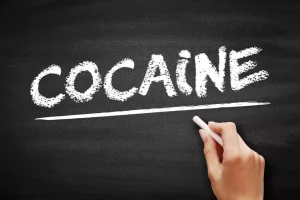
Harmful physical effects such as seizures may occur in some cases. The longer a person misuses stimulants and alcohol together, the higher the risk becomes of developing substance use disorders. Please note that I may receive a small affiliate compensation through items purchased through the links on this site at no additional cost to you the consumer. Your support through purchasing through these links can help grow the message of the page to reach more patients living with atrial fibrillation. My book is written as an easy-to-read, complete A to Z guide on atrial fibrillation, written in everyday language for any patient to understand. The relationship between alcohol and AFib is particularly concerning as alcohol can act as a trigger for AFib episodes.
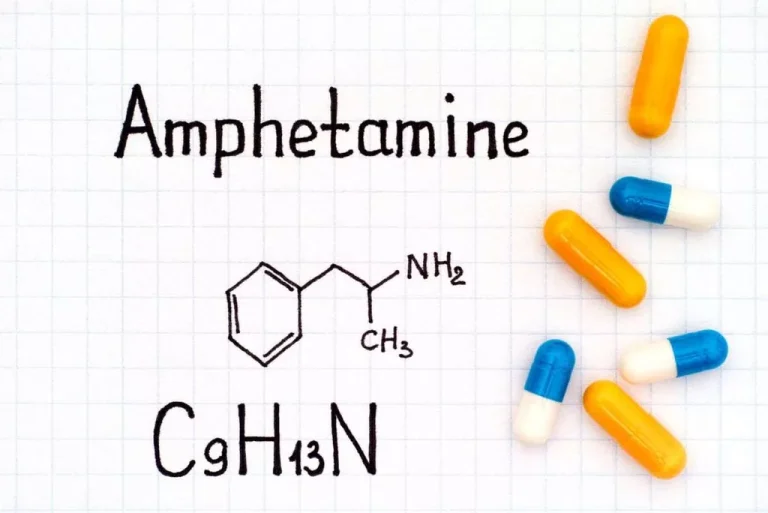
Does Eliquis affect how other medicines work?
Secondly, drinking alcohol can interfere with how medicine works, and blood thinners are no exception. You should always check with your GP about whether it is safe to drink alcohol before taking blood thinners. When you recommend or prescribe a medication that can interact with alcohol, this scenario presents a natural opening to review or inquire about a patient’s alcohol intake. The potential for a harmful interaction may provide a compelling reason for patients to cut down or quit drinking when warranted (see Core articles on screening and brief intervention). Fortunately, educating patients about the risks of combining medications with alcohol may help them avoid negative outcomes. Here, we describe briefly how alcohol and medications can interact, and we provide a few examples of common medications that could interact negatively with alcohol.
- You may need a dose adjustment in addition to testing of your prothrombin time (PT) or International Normalized Ratio (INR).
- The mixture of opiates and alcohol, for example, can cause your breathing to stop and is a common cause of death.
- When it comes to protecting you from a possible devastating blood clot, your provider will let you know if a blood thinner is right for you and will talk with you about which kind is your best option.
- Eliquis contains the active ingredient apixaban, an anticoagulant medicine that prevents blood clots from forming.
Can You Drink Alcohol on Blood-Thinning Medication?
- Firstly, alcohol is itself a blood thinner and can affect how well blood clots.
- If you drink alcohol frequently or drink large quantities, or if you have liver disease, let your prescriber know before treatment starts.
- If you have a medical condition (such as atrial fibrillation) that puts you at risk for developing a blood clot, your doctor might prescribe anticoagulant medications to “thin” your blood.
- Blood thinners are medications used to prevent blood clots and improve blood flow in individuals at risk of conditions like atrial fibrillation, heart attack, or stroke.
For this reason, it’s advised that you limit your alcohol intake to one or two drinks. In one study, researchers reported that out of roughly 17,000 drinkers, heart medications were the drug class with the highest percentage of possible alcohol interactions, at about 24 percent. Alcohol and blood pressure medication interactions comprised a large percentage of this group.
- Here is a short list of the most common prescription and OTC drugs that can pose a risk to your health if mixed with alcohol, as well as what can happen if the substances are combined.
- You can ask your doctor about other treatments that may be better choices for you.
- Additionally, liver enzymes are often responsible for how medicines are changed in the body before they are excreted.
- Combining alcohol with blood thinners can lead to serious health risks and side effects.
How does alcohol affect blood pressure medicines?
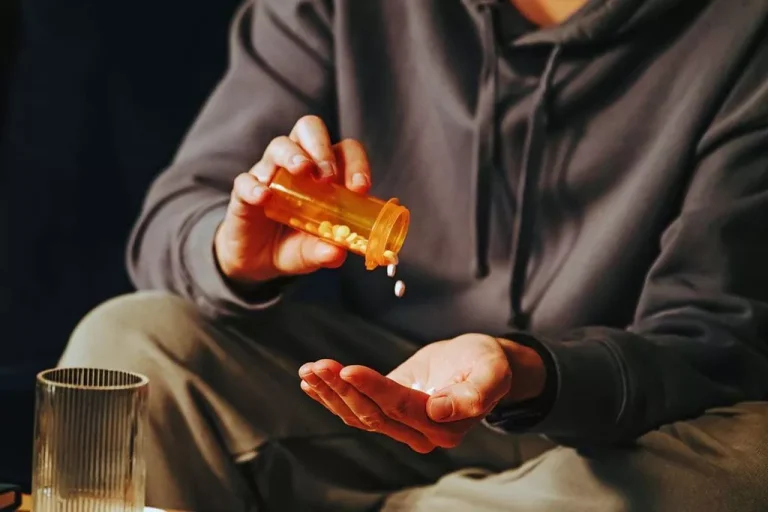
If you had an alcoholic beverage and are not sure if you should take an OTC pain reliever, you can ask a local pharmacist or primary care provider if it is safe to do so. If you mix any type of anti-nausea drug with alcohol, the side effects of the medication can become more intense. It’s possible that if you use them together, antibiotics may be less effective at clearing up the infection that you are being treated for. Antipsychotics may be prescribed for people with conditions such as bipolar disorder or schizophrenia. Stimulants and sedatives (such as alcohol) mask each other’s effects. So, mixing the two together increases the likelihood of overdose on either substance.
Health Challenges
This combination can irritate the stomach lining, leading to ulcers or significant gastrointestinal bleeding. Following safe drinking practices and consulting with a healthcare provider is crucial. It is advised to do so with caution, and this is for two reasons.
Know what to do if your blood sugar is too low and when to get emergency medical help. Metoprolol can interact with several medications, including certain blood pressure drugs, monoamine oxidase inhibitors (MAOIs), digoxin, and others. But consuming alcohol during Plavix treatment can increase your risk of certain side effects. Yes, you can, but heavy drinking or binge drinking will raise your risk of excessive bleeding.
Are All Blood Thinners Anticoagulants?
You may be prescribed blood thinners for decades or even the rest of your life. If you abuse alcohol alongside taking this medication you can raise your risk of stroke, heart attack, or life-threatening clots. Your alcohol use can be just as dangerous as the sticky blood clogging up your veins. Eliquis and Xarelto are brand names for blood thinners used to prevent blood clots. Additionally, if you have an underlying health condition like heart disease or high blood pressure (hypertension), mixing alcohol with your medications can put you at risk for complications. Alcohol can interact with certain drugs or exacerbate the medical and mental health is alcohol a blood thinner conditions you’re being treated for.
What happens if you drink alcohol on blood thinners?
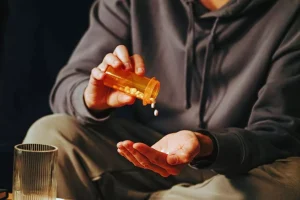
If it’s busy working on the alcohol instead of your blood thinner, the level of the drug in your blood will go up and raise your bleeding risk. Rivaroxaban is another anticoagulant that can interact adversely with alcohol. Drinking alcohol while taking rivaroxaban can increase the likelihood of bleeding complications. Patients should follow their doctor’s guidelines regarding alcohol consumption to manage their health safely.
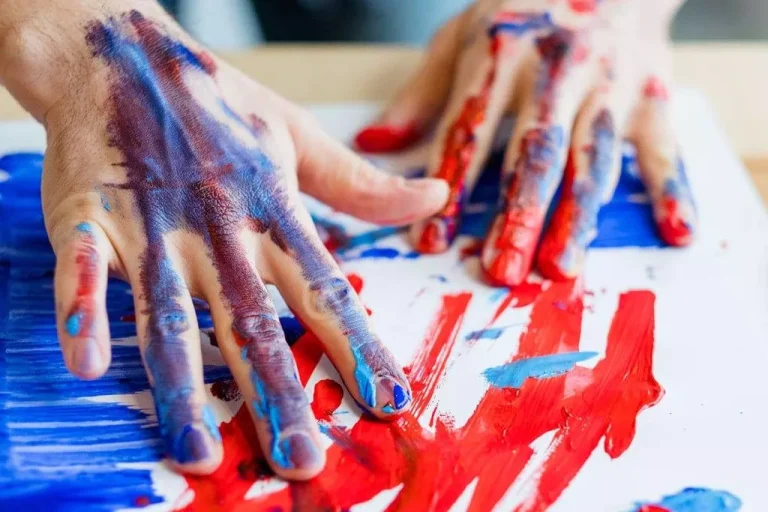
People who said they drink a lot of liquor also tended to binge drink, which counteracts any helpful effects you might get from alcohol in moderation. Another study found that, compared to non-drinkers, people who drank more than 3 ounces of liquor per week had a 53% higher risk of DVT. If you still have questions about Plavix and its possible interactions, talk with your doctor. No, there aren’t any known interactions between Plavix and tadalafil (Cialis). Cialis is used to treat benign prostatic hyperplasia (BPH) and erectile dysfunction (ED). If you’ve had an allergic reaction to Plavix or any of its ingredients, your doctor will likely not prescribe Plavix.
